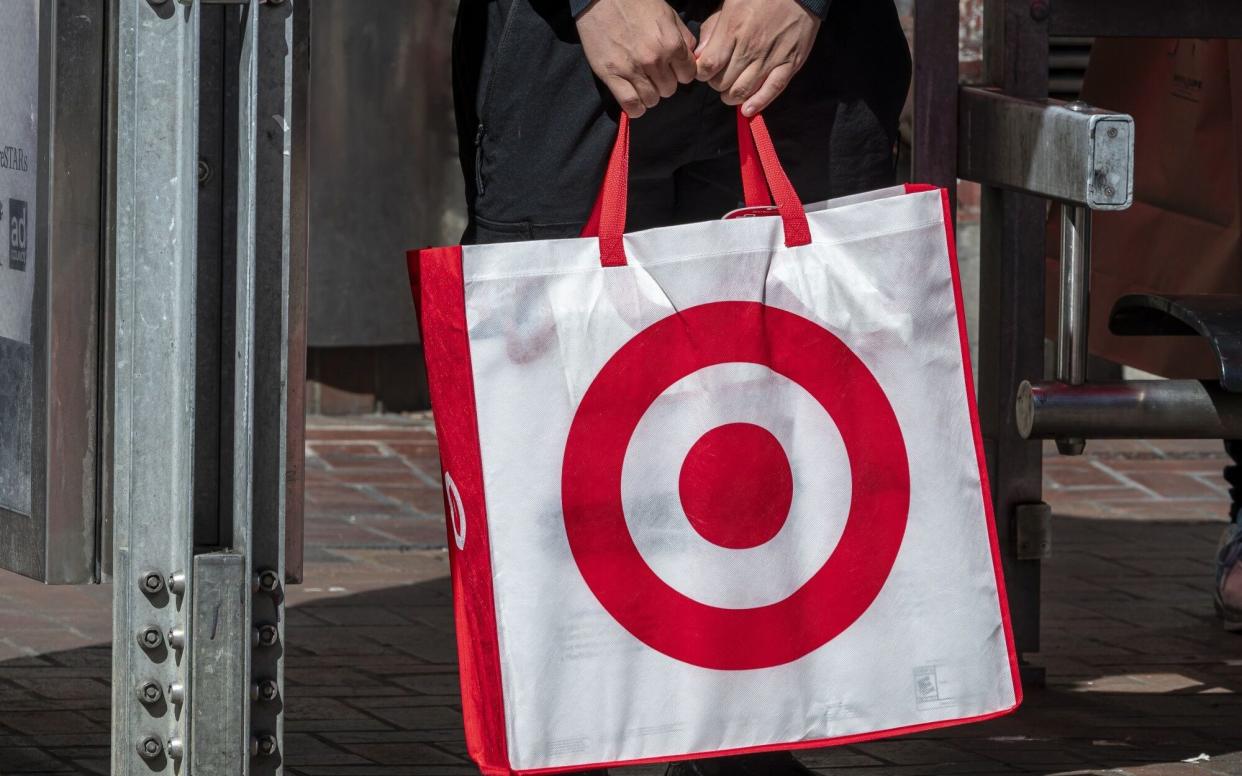The crime wave is about to swamp Britain’s economy

- Oops!Something went wrong.Please try again later.
The American retailer Target last week announced that it was closing nine branches across the US, including in Harlem, Portland and San Francisco. The reason? Not rising costs, as you might expect, or weak demand, or shifting patterns of shopping. It was something far more sinister. According to the company, the levels of crime made it impossible to do business anymore.
We may think that is just an American problem. But British retailers are facing the same kind of crime wave – and if we don’t get a grip on it soon it is going to swamp our economy.
It was one of the bluntest rebukes to the US’s dysfunctional policing system yet seen. In announcing a round of store closures, Target stated that “we cannot continue operating these stores because theft and organised retail crime are threatening the safety of our team and guests, and contributing to unsustainable business performance”.
It joins other chains such as Nordstrom, Walmart and Walgreens Boots, which have all started closing shops because of out-of-control crime. Cities such as Portland, that were among the champions of the “defund the police” movement, have discovered that perhaps officers have their uses after all.
We cannot be complacent about shoplifting in this country. When the US sneezes, the UK often catches a cold. Retail crime is starting to run out of control here. Only last week, the bosses of 88 retailers asked for a meeting with the Home Secretary Suella Braverman to address the epidemic of shoplifting. It followed reports that a worker at Halfords had suffered a stroke after being kicked in the head by thieves. Counter staff at Tesco are being offered body cameras to help cope with an epidemic of assaults, with the company reporting a 30 per cent rise in attacks over the last year. The Co-op has raised the alarm that, in the first half of 2023, there were nearly 1,000 attacks a day on staff trying to control theft. There are now organised raids on commercial hubs such as Oxford Street, which are whipped up on social media.
Crime has always been an issue for retailers, which is why they have security guards, and electronic tags. But there is a growing sense that this has run completely out of control.
Part of the issue is the pervading narrative that the cost of living crisis is to blame. Undoubtedly, many people in the country are struggling to make ends meet. But that is not the whole story. In many areas, the police have stopped trying to control minor retail crimes, focusing all their energy instead on persecuting a few people who make politically incorrect remarks on social media, or else punishing motorists for straying a few inches into a bus lane. And grand-standing mayors, led by London’s Sadiq Khan, seem to prefer spending all their time and resources virtue-signalling over climate change and equality over the rather more basic task of keeping the streets safe, and protecting shops from thieves.
In many areas, shoplifting is no longer an offence that is treated seriously. The US is showing us where this leads. Chains start to close their stores in the places where the crime makes it impossible to do business any more. With boarded up shops, city centres become more and more derelict. Shoppers don’t feel safe, leading to yet more closures.
It is a spiral of decline. If we don’t get a grip soon, the crime wave will be unstoppable. It is too late to rescue some American cities, and very soon that may be true of British ones as well. Our high streets face many challenges right now, but controlling crime is perhaps the biggest one. Very soon, we may not have a retail industry left.

